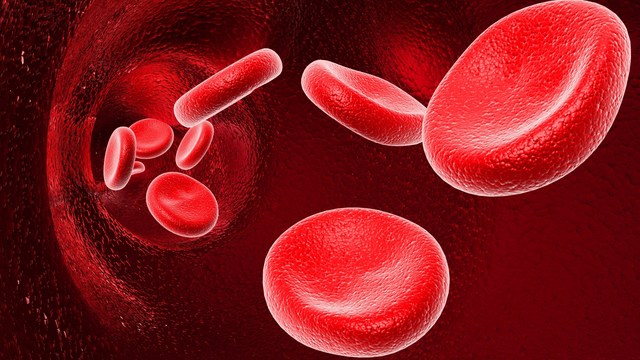Everyone has heard of blood donation, but have you heard of cord blood donation? If you’re pregnant, your newborn baby could save someone’s life from the moment he or she is born. Some hospitals offer a cord blood donation service where blood is collected from your baby’s placenta after he or she is born. This is then stored and used to treat sick people and prevent terminal illnesses.
What Diseases can Cord Blood Treat?
The stem cells from cord blood can be used to treat:
• Blood disorders
• Bone marrow failure
• Metabolic disorders
• Immune system failures
For instance, 10-day-old Alessia had a severe, blistering skin condition that did not respond to antibiotics. Doctors diagnosed her with Omens Severe Combined Immune Deficiency (SCID), a rare immune deficiency that would kill her without prompt treatment. Her only chance of survival was a stem cell transplant. A match was found from a donor whose cord blood had been stored for nine years and the transplant carried out in February 2006 and Alessia is now a healthy child.
Is there anyone who can’t donate?
As with regular blood donation, certain screening tests have to be done with the donor’s mother prior to donation. She cannot donate her baby’s cord blood if she is found to have:
• HIV
• Hepatitis B or C
• Syphilis and/or other sexually transmitted infections
She also cannot donate if she uses or has used illegal drugs, engaged in prostitution or if she has ever had sex with a man who has had sexual relations with another man.
A woman expecting twins or more cannot donate because the placenta or placentas are too small to obtain enough blood.
What Happens When I Donate Cord Blood?
After the birth of your baby, the placenta will be taken to a donation room within the hospital and it will be suspended in a sterile solution and the cord will be wiped with an alcohol swab. Then a blood sample will be taken.
Where can I Donate Cord Blood?
You can only donate cord blood if you are giving birth in a participating hospital. Hospitals in the U.S. that are taking part can be found here:
http://www.marrow.org/HELP/Donate_Cord_Blood_Share_Life/How_to_Donate_Cord_Blood/CB_Participating_Hospitals/nmdp_cord_blood_hospitals.pl?src=Where_Cord#AL
Hospitals in the United Kingdom that are participating are: Barnet General Hospital, Northwick Park Hospital, Luton and Dunstable Hospital, Watford General Hospital and St. Georges Hospital.
Sources: NHS Cord Blood Bank and www.marrow.org
Joanna is a freelance health writer for The Mother magazine and Suite 101 with a column on infertility, http://infertility.suite101.com/. She is author of the book, 'Breast Milk: A Natural Immunisation,' and co-author of an educational resource on disabled parenting, in addition to running a charity for people damaged by vaccines or medical mistakes.





Add a Comment1 Comments
Consider Americord for cord blood banking – Americord Donates Cord Blood Processing and Storage Costs for Children with Cerebral Palsy for parents that have banked with them. See http://cordadvantage.com/press-room.html
November 18, 2011 - 4:26amThis Comment